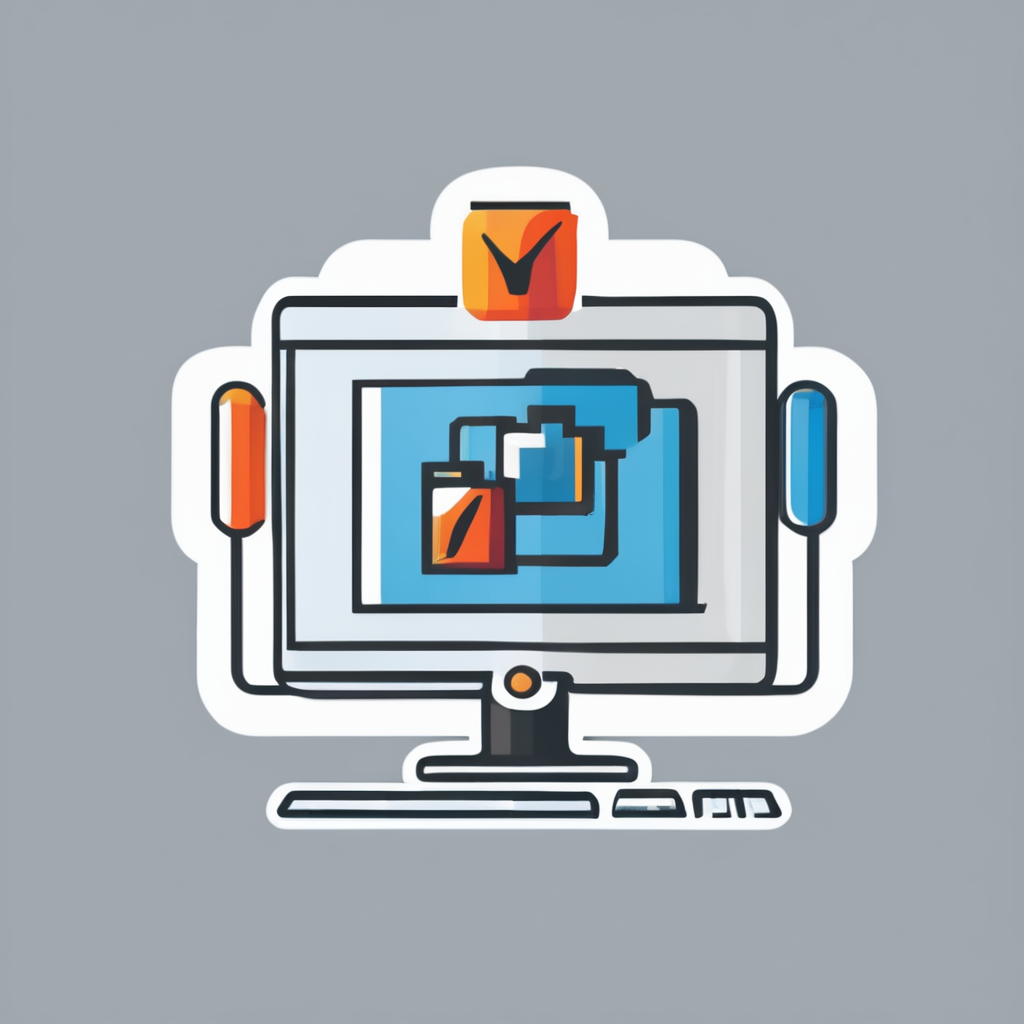Smartphone Innovations Shaping UK Computing Trends
Smartphone technology evolution influencing UK digital landscape
Emerging smartphones in the UK are redefining personal and business computing by integrating cutting-edge technologies that accelerate productivity and connectivity. Recent years have witnessed smartphone innovations such as 5G adoption, AI-driven functionalities, and foldable screen designs taking centre stage.
Also to discover : How Can Smartphones Enhance Personal Productivity?
5G technology significantly enhances mobile internet speed and reduces latency, enabling smoother video calls, faster data transfers, and more reliable access to cloud services. This connectivity leap supports UK businesses in remote work, real-time collaboration, and IoT device management, driving efficiency beyond traditional limits.
Artificial Intelligence (AI) integration in smartphones introduces advanced voice assistants, predictive text, and intelligent camera systems. These features simplify daily tasks, personalize user experience, and aid decision-making processes within professional environments.
Also read : How are smartphones reshaping the UK business landscape?
Foldable screens present a transformational innovation, offering larger displays without compromising portability. UK users benefit from versatile devices adaptable for multitasking, creative work, and immersive media consumption.
Together, these UK technology advancements position smartphones as essential tools not only for communication but also as powerful computing devices. The synergy of 5G, AI, and flexible hardware continues to shape how individuals and enterprises in the UK leverage mobile technology for competitive advantage.
Changing Device Usage Patterns in the UK
An evolving digital landscape
Recent mobile usage statistics UK reveal a significant surge in smartphone and tablet use, overtaking desktop access for many digital activities. On average, over 60% of internet traffic in the UK now comes from mobile devices, highlighting a clear shift in consumer tech behavior. This trend underscores how users increasingly prefer the convenience of accessing content on the go.
When comparing desktop vs mobile usage, desktops remain important for tasks requiring detailed input or larger screens—such as professional work or complex research. However, mobile devices dominate casual browsing, social media, and streaming, thanks to improved speed and app ecosystems.
Demographically, younger age groups—particularly those under 35—show overwhelming preference for mobile access, with over 75% using mobile over desktop daily. In contrast, older generations still rely more on desktops but are gradually increasing mobile adoption. Regional variations exist too; urban areas with better network infrastructure see higher mobile device penetration, while some rural regions retain stronger desktop usage due to connectivity challenges.
Understanding these shifting patterns is crucial for businesses targeting UK consumers, ensuring digital content is optimized for mobile-first experiences without neglecting desktop users.
Impact on UK Business Computing and Digital Workflows
Exploring the shift to mobile productivity
The rise of business smartphones in the UK has profoundly reshaped how companies operate. Adoption of mobile-first tools has accelerated, enabling employees to work seamlessly whether in the office or remotely. This shift supports growing demands for flexibility and real-time communication, key drivers behind enterprise technology adoption today.
Mobile productivity tools empower teams to manage projects, access data, and communicate efficiently on the go. For example, financial services firms leverage smartphones to expedite client communications and decision-making. Similarly, retail businesses use mobile devices for inventory management and instant sales reporting, demonstrating tangible improvements in operational workflows.
Such smartphone-driven workflows have reduced dependency on traditional desktops, streamlining processes and increasing responsiveness. Mobile apps customized for specific industries further enhance productivity, allowing businesses to adapt quickly to changing market needs. The UK’s expanding infrastructure supporting mobile connectivity also underpins this transformation.
By integrating smartphones into daily operations, businesses enhance collaboration and agility, key competitive advantages in an ever-evolving digital landscape. This shift highlights the strategic importance of prioritizing mobile productivity in future enterprise technology adoption.
Market Data and Expert Perspectives
Recent UK smartphone market data reveals notable shifts in consumer preferences. Analysts report a surge in demand for mid-range devices, driven by cost-conscious buyers seeking robust performance and camera quality. According to industry analysis, established brands still dominate but face growing competition from emerging smartphone models focused on innovation and affordability.
Tech industry experts emphasize that the UK market is evolving rapidly. They note that new entrants with strong value propositions are capturing an increasing market share, challenging long-established players. For example, brands highlighting advanced features like AI-enhanced cameras and 5G connectivity are gaining traction. This trend aligns with UK data showing a rise in sales for such devices over the last quarter.
Leading technology analysts underscore the importance of adaptability for existing brands to maintain their position. They advise firms to monitor consumer behavior closely and innovate accordingly. Expert opinions consistently highlight a more fragmented market landscape, with diverse consumer needs shaping product offerings. As the UK smartphone market data indicates, staying attuned to these changes is crucial for sustained success.
Future Predictions and Evolving Tech Behavior in the UK
As smartphone trends in the UK rapidly evolve, the future of computing is expected to shift profoundly. Smartphones will likely become even more central, integrating AI-driven features that enhance productivity and personalized experiences. This change will impact daily tech habits, making mobile devices the primary computing platform for many users.
The UK’s technology forecast highlights significant growth in wearables and IoT devices linked with smartphones. These interconnected devices will facilitate seamless data sharing and automation, transforming how people work, communicate, and access information. This ecosystem will also drive innovations in virtual and augmented reality, offering immersive computing experiences via mobile platforms.
Moreover, evolving smartphones in the UK will influence computing habits by emphasizing convenience and multifaceted functionality. Future models may feature advanced biometric security and edge computing capabilities, enabling faster processing without relying solely on cloud services. This will reshape data privacy considerations and app development trends.
In these scenarios, mobile devices will not only support but also lead the future UK technology landscape. Their expanding roles demonstrate how closely the future of computing and smartphone trends in the UK are intertwined. Understanding these changes is crucial for anticipating consumer needs and guiding tech innovation strategies.
